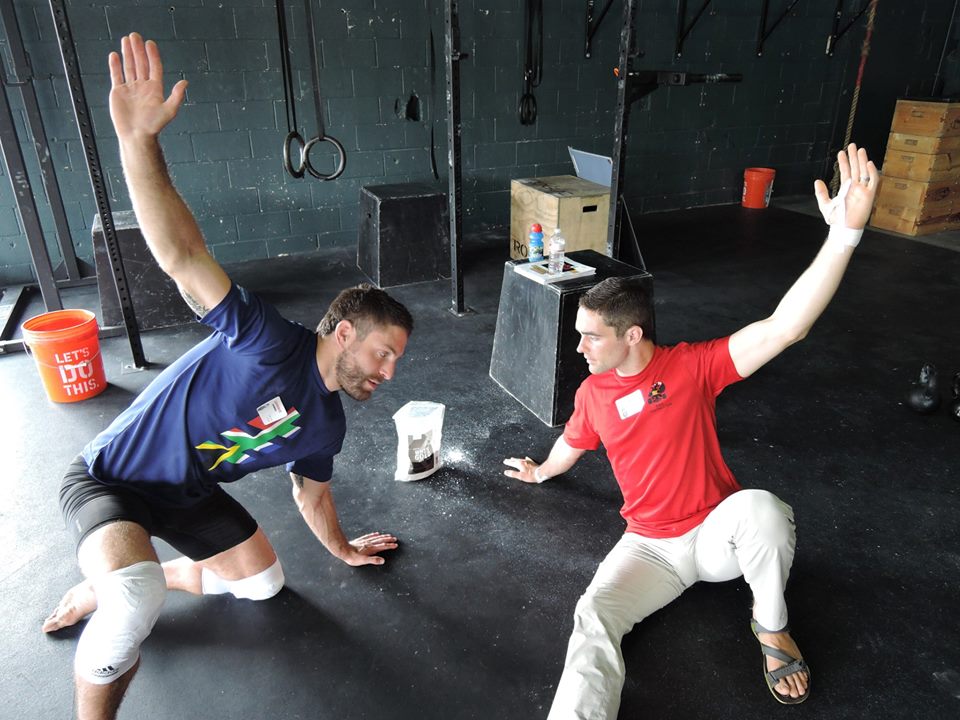
By definition ‘coach’ and ‘bully’ are seemingly opposites—a coach is a teacher, while a bully intimidates. Yet, there are many coaches that haven’t triumphed over the juvenile act of bullying. I’ve certainly had a coach who (in an effort to gain my respect) bullied me. If a coach uses intimidation tactics to scare you into respecting their methodology, I can guarantee the coach hasn’t earned your respect and will lose their students and athletes to another team or organization.
Many of the athletes I mentor first entered my studio with downcast eyes, slumped shoulders and a sense of fear. Why? It’s evident that somewhere in their athletic careers, these athletes had a coach who filled them with doubt rather than confidence. These talented students and athletes should be fearless, skilled and motivated. Any coach can aggressively yell or throw tantrums in a fit of rage to get the attention of a pupil. But, what’s the true cost of antagonistic coaching?
Remember Rutgers’s ex-coach Mike Rice? Rice’s coaching style led to an overall losing record. Since then, many studies have been done on the effects of aggressive coaching techniques. Studies have shown between 45%-50% of teachers and coaches bully students and/or athletes. Head of the Rice studies, Dr. Joseph P. Mazer comments, “The research we found now lends in many ways empirical support for the fact that athletes were transferring out of Rutgers because they may have been reacting negatively to Mike Rice’s behavior as a coach and were significantly less motivated and as a result did not want to be on the team.”
A coach who’s earned a high level of respect from colleagues and athletes doesn’t have to a rarity. To gain respect, a coach must show respect. Respectful coaches have winning records and yield amazing results. They tend to focus on the big picture. Duke University’s Mike Krzyzewski illustrates this, “The thing I loved the most—and still love the most about teaching—is that you can connect with an individual or a group, and see that individual or group exceed their limits.” Krzyzewski is known to associate with his athletes on a personal level; he’s not only a coach on the court but also a coach in life. Krzyzewski knows if athletes are strong, confident and motivated they’ll be more likely to perform optimally. He is also the NCAA’s all time most winning coach for Men’s Division 1 Basketball.
If you come across a bully coach, instructor or teacher it may be time to make the necessary adjustments in your career and find a different mentor. That said, it’s of utmost importance to leave in a cordial manner. Don’t depart a bully as a bully. These coaches may lack tact, empathy and compassion but they can still offer valuable knowledge. If you find yourself in an abusive coach-to-student relationship, take all the applicable information and respectfully find a more conducive environment for your aspiring athletic career.
A respected coach exposes an athlete’s weaknesses only to make their weak points strong. They will offer constructive criticism. They will listen. They know when to turn up the intensity and will yield when necessary. They will demonstrate tact and great knowledge. Most importantly, they will function under pressure with an unsurpassed calm.
The bottom line? Treat your students and athletes with respect if you want to be respected. Use your incredible knowledge and unique training techniques as a quiet professional and your students will undoubtedly succeed.
Learn more about successful coaching techniques:
Duke Coach Mike Krzyzewski on His Motivational Techniques
The Power of Positive Coaching
Learn more about the Rice studies and antagonistic coaching:
Clemson Study: Aggressive Coaching isn’t the Best Coaching
The Consequences of Verbally Abusive Athletic Coaches